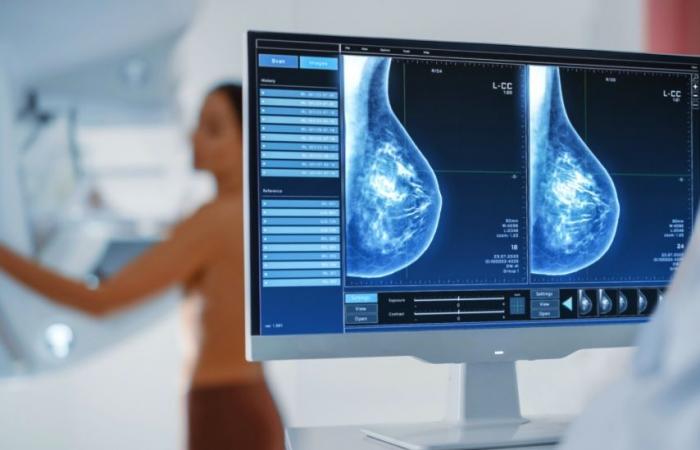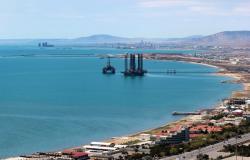The growing increase in breast cancer diagnoses in young women has drawn attention and raised awareness across the country. According to data from the Brazilian Federation of Philanthropic Institutions to Support Breast Health (Femama), the percentage of women under 40 diagnosed with cancer has more than doubled in recent years, rising from 7.9% in 2009 to 21.8% in 2020.
“The specialist societies in Brazil already made this recommendation officially, as did many doctors with their patients. Although the number of diagnoses in young women is not so common, it is not irrelevant, around 1/5 of the female population has the diagnosis. Until then, there was an understanding that the cost-benefit of carrying out these tests was not efficient, as there were many cases of false positives, leading to unnecessary surgeries and other procedures, increasing the patient’s emotional commitment. But, in general, cancer cases in young people have increased in recent years, which should trigger changes, such as that already made by the Brazilian Society of Mastology, which recommends annual screening mammography from the age of 40 for women of usual risk and from the age of 30 for high-risk women”, explains Mariana Alfenas, Coordinator of Breast Radiology at CEPEM.
Breast cancer is the type that most affects the global female population. According to the most recent data from the WHO, the disease had 2.26 million cases identified in 2020. In Brazil, projections from the National Cancer Institute (INCA) indicate that around 74 thousand annual diagnoses will be registered between 2023-2025.
According to Mariana, raising awareness among the target audience, that is, women over 40, has a fundamental impact not only on prevention, but on early diagnoses, which require medical interventions that are sometimes less aggressive, increasing survival and well-being. of these patients. “We have our own campaigns as an example: through technology, we are able to identify who the patients are in this age group and when they had their last exams, for example. With this data in hand, we carry out a mobilization aimed just at this audience, remembering the importance of medical monitoring,” highlights the specialist.
Artificial Intelligence shortens the path between examination and diagnosis
For Rafael Canineu, doctor and specialist in data management (Health Analytics) at Health Alliance, the use of Artificial Intelligence can become one of the great contributions to improving the healthcare scenario. Cedimagem has a partnership with a health startup, which, through artificial intelligence algorithms, identifies exams with suspicious changes suggestive of cancer, and in this way will follow the most efficient process for early diagnosis of the disease.
When undergoing a mammogram or breast ultrasound examination, the patient receives a report from the medical professional, where he writes down the findings during the procedure, such as calcification, nodule, mass, etc. “After that, these findings are sent anonymously, that is, without the patient’s identification, to a platform developed by the startup Neuralmed, and with the help of artificial intelligence it is possible in seconds or minutes to receive the screening already carried out, using these words -key and point out cases suggestive of cancer, immediately showing who will need to undergo a complementary exam, such as a biopsy”, explains Rafael Canineu, Medical Director of Health Analytics at Alliança Saúde.
After being analyzed using artificial intelligence algorithms, exams flagged as suspicious can go to a flow where the Alliança health team contacts the prescribing doctor or patient to return these results, allowing the patient to continue the investigation in an appropriate manner. quickly and safely. “This is a significant change in the company’s analysis chain process, which issues 200,000 mammography and breast ultrasound reports per year. It is worth mentioning that the Neuralmed platform does not receive any sensitive data from patients, respecting all the directives of the General Personal Data Protection Law.
The personalized service provided by Cedimagem helps in the early diagnosis of the disease which, according to the National Cancer Institute (INCA), the sooner the disease is discovered, the chances of a cure can reach 95%, shortening the patient’s journey, between diagnosis and treatment. treatment and allowing sustainability in the chain that involves health plans, hospitals and treatments.
Tags: Mammography anticipate breast cancer diagnosis young patients
--





